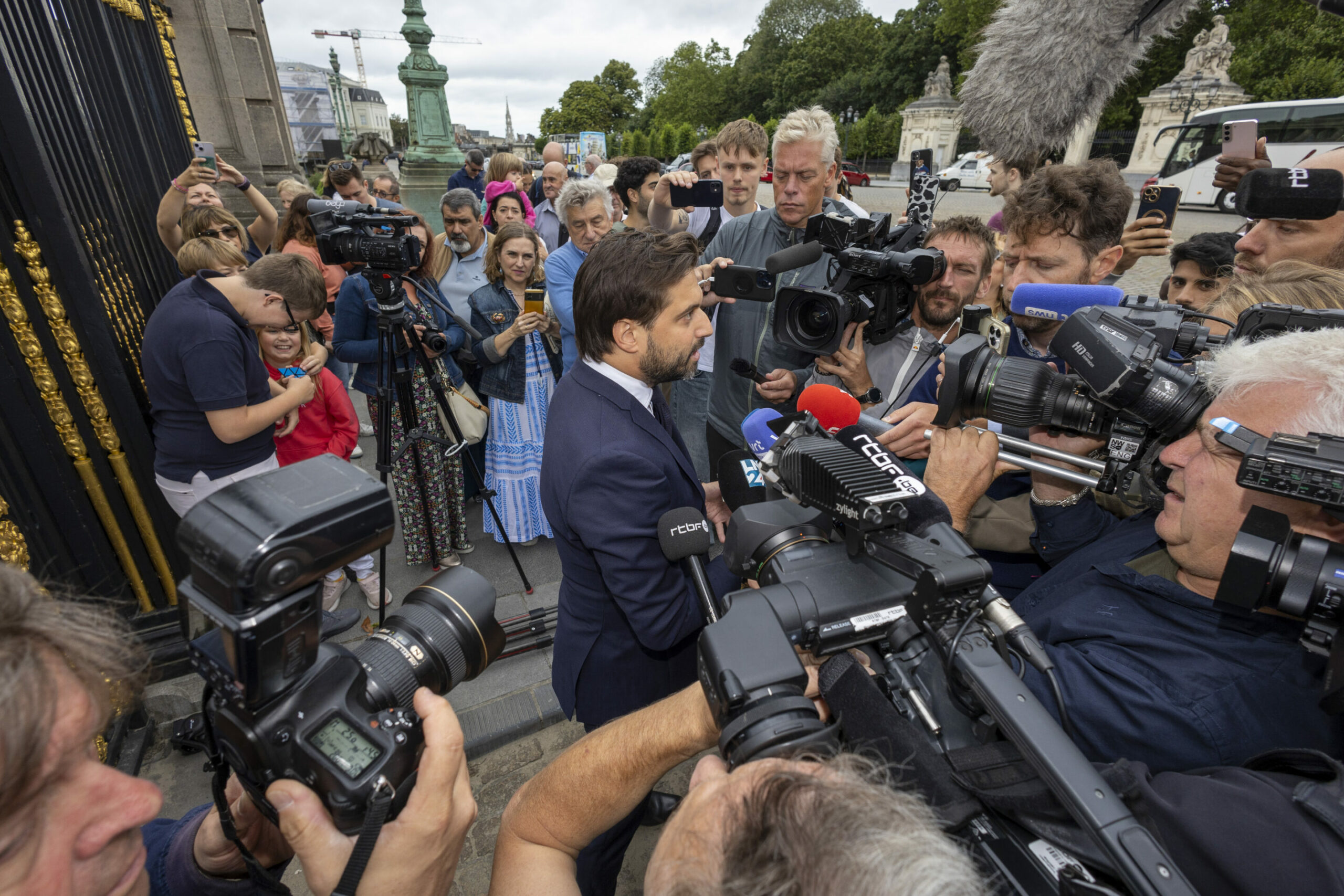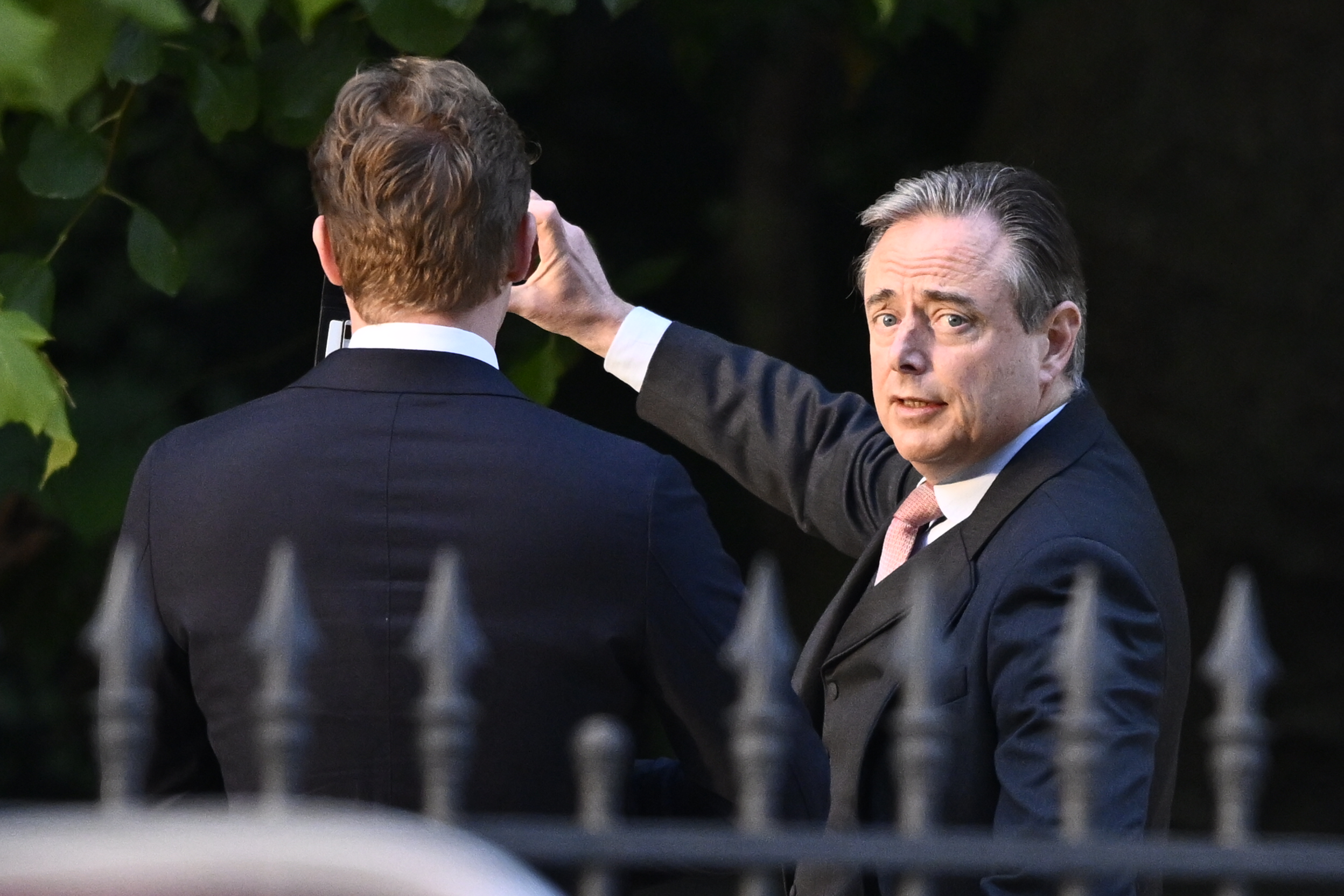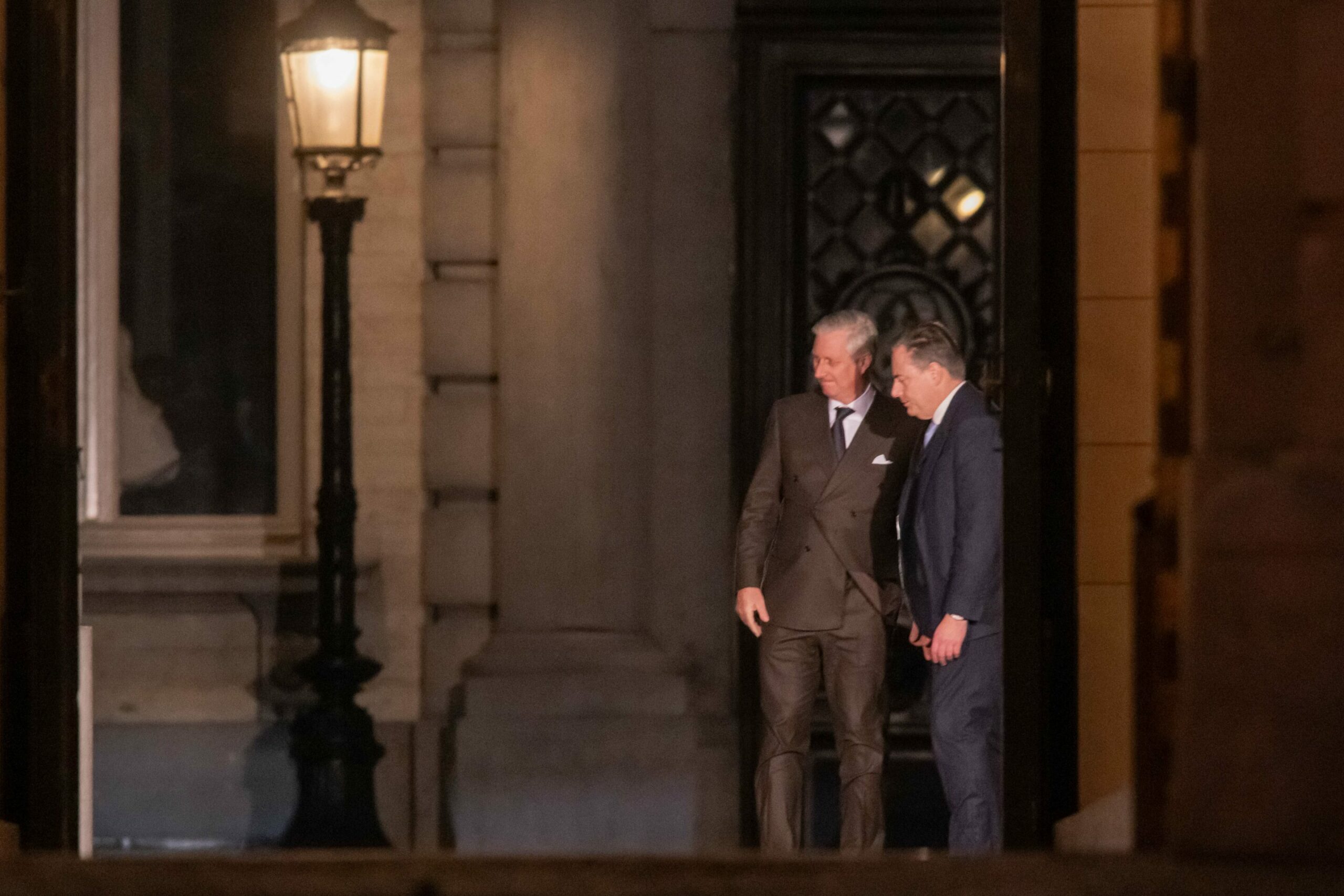Imagine a country at the heart of the EU not having a government whilst existential questions about debt, war, poverty and climate change abound. This has been Belgium for over six months. Will the formation talks ever succeed? The Brussels Times spoke to a mediator to find out.
On 9 June 2024, Belgian citizens went to the polls in the most significant election year the world has ever seen. Driving the agenda were Belgium's ropey financial situation, war in Ukraine and the Middle East, a profound cost-of-living crisis and the ever-present threat of environmental catastrophe.
Although the winning parties announced their intention to negotiate a government as quickly as possible, their efforts have been frustrated and talks between the prospective 'Arizona' coalition – made up of N-VA, Mouvement Réformateur, Les Engagés, CD&V and Vooruit – have stagnated.
Fanny Laune is a licensed mediator and legal counsel at Simont Braune. She says that simple mediating skills might help talks to advance.
"A mediator must be independent, impartial and neutral, and it is their job to facilitate an agreement between parties," she told The Brussels Times. "Mediation is a good way to proceed when you have a legal problem or in everyday life, so why not in politics too?"

Bouchez talks to the press on 23 August 2024. Credit: Belga / Nicolas Maeterlinck
Tips for negotiators
Tell your story, then have someone tell it for you
An official mediation process typically starts with a "narration" phase, where each party involved in the dispute has the chance to tell their side of the story.
Progress can then be made when other parties hear the same story retold by the mediator. "Sometimes it is easier for the opponent to hear it from a third party," says Laune.
Both sides are then asked to identify the interests that inform their opponent's position on any given issue. "When you know what your opponent really wants, it is easier to make concessions. Because sometimes you can make concessions for something that is really not important to you, but really important for the other party. And then they can do the same for you."

N-VA leader Bart De Wever takes a selfie picture before a meeting at the Royal Palace, 22 August 2024. Credit: Belga/Eric Lalmand
Listen and put your ego aside
From start to end, parties must listen to each other rather than "trying to convince each other". Liberal MR leader Georges-Louis Bouchez insists that the left-right divide is blocking progress and his relationship with Socialist Vooruit leader Conner Rousseau is notoriously fraught.
There have also been multiple leaks to the press about the content of negotiations, probably with a view to putting pressure on different party positions.
In this context, Laune says egos must be put aside. "Every negotiation is the same. There will always be ego and anger. During a mediation we ask parties not to talk with anyone outside the process. Even if someone tries to give positive advice it can send talks back by days, because they have no understanding of what has been said. It doesn't help at all."
Think outside the box
Mediators often urge disputing parties to think outside the box in order to encourage a more flexible approach to problem-solving.
"At some point we ask parties to come up with ideas that they are not bound to," Laune explains. "This is on a confidential basis so if it doesn't work, it doesn't work." This tactic allows positions to become less hardline and hopefully closer together.
The "reality check" technique might be of interest to federal formator Bart De Wever (N-VA), Bouchez, Rousseau and the rest: What would happen if no agreement were found?
"Sometimes this serves as a wakeup call," says Laune. "Parties might think, 'If we don't find a solution, then there won't be a government, and what then? Will there be another election?'"

De Wever meeting King Philippe on 10 December 2024. Credit: Belga / Jonas Roosens
Smile and stay positive
As formator, De Wever is responsible for bringing partners together and finding common ground. It is therefore essential that he remains optimistic, says Laune. His recent comments to the media are anything but. On Sunday 15 December, he told l'Echo that "If we don't have a government by 2 January, it is not my fault. I've done my best."
"I'm not sure that this is the right attitude when you are supposed to help people to form a government," Laune observes. "You need someone who pushes people, is positive and takes the process step by step."
It remains unclear when federal negotiators will swallow their pride and form a government to lead Belgium through a series of economic, social and geopolitical crises.

